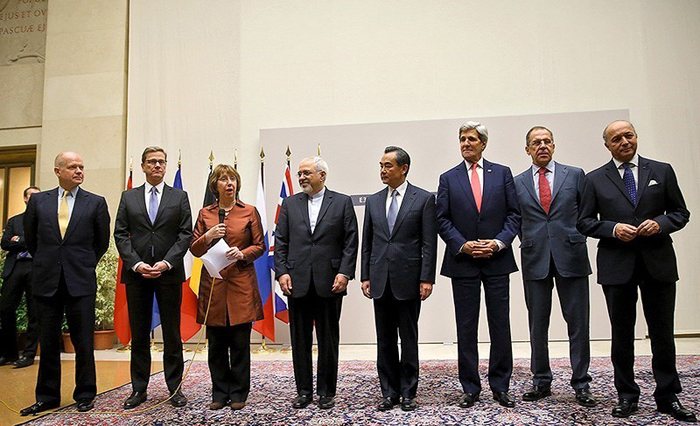Traditionally, privatization was considered a capital growth tactic in emerging states; however, recently, an upwards trend towards privatization has emerged in states historically considered wealthy and westernized. In the current global economic climate, nations are holding an increasingly large amount of debt and, as a result, the majority of western countries have looked to privatization as a feasible option to help alleviate their growing economic concerns. This recent shift in thought has generated the interesting notion that the privatization of national assets is not merely a practice for emerging markets in need of quick capital, as previously accepted. As privatization becomes a more widespread solution to escalating debt, governments begin to consider the sale of everything from property and resources, to large state owned enterprises in order to avoid falling victim to the hostile economic climate.
Emerging markets have often relied on privatization as a tool for growth, yet this trend has not been exercised equally in more wealthy western states in the past. Given the debt levels of western governments, the employment of more expansive privatization has become an attractive opportunity.According to Matthew Valencia of The Economist, there is still over four trillion dollars in capital remaining in state-owned companies in the west, and this does not account for the 35 trillion dollars worth of non-financial assets held by western states in the form of land and resources. The understanding that wealthy and established states have a limited number of options remaining to alleviate their growing debt is untrue.
There is still a significant amount of capital remaining within state-owned property and businesses that are underutilized, and could potentially provide the much needed capital for governments if sold for the right price to the right buyer.
If powerful western states do decide to commit to the shift towards privatization in relation to state-owned companies and non-financial assets, it is first essential to determine which assets are realistically sellable. Large amounts of capital outlined in the estimated trillions of dollars of available funds are tied up in commodities such as national heritage sites and historic properties. It is difficult to assess the fiscal worth of such properties, as popular state-owned sites like museums, national parks, and historical buildings are not generally considered marketable as a result of their sentimental worth. However, there is still a significant amount of capital remaining within state-owned property and businesses that are underutilized, and could potentially provide the much needed capital for governments if sold for the right price to the right buyer. As Valencia attests, “America’s federal government owns nearly 1 million buildings (of which 45,000 were found to be unneeded or under-used in a 2011 audit)… The Greek state’s largest stock of unrealised value lies in its more than 80,000 non-heritage buildings and plots of land… Sweden has marketable state-owned property worth $100 billion-120 billion.” Moreover, states are able to harvest large sums of capital from state-owned corporations, but governments are reluctant to privatize these assets as several of them bear a large cultural attachment, and the sale of such high profile state-owned companies, i.e. national heritage sites, would undoubtedly lead to civil displeasure.

Currently, the privatization of state owned corporations is not being pursued with aggression, as the potential for public scrutiny is quite high. However, this has not prevented states from making the slow and calculated shift. Recently, the United Kingdom sold its 60% stake in the Royal Mail postal service, a sale which accumulated up to two billion pounds for the Treasury. The sale of the historic state-owned corporation has been perceived as being opportune, as the postal service is no longer deemed essential, and its decline is considered inevitable. Governments, therefore, have privatization opportunities available in state-owned companies, but their sale must attain a balance between profitability and sentimentality. For example, state-owned assets like the Colosseum in Rome would undeniably endow the state with billions of dollars in much needed capital; however, the notion of commodifying something with such cultural value would unquestionably result in public backlash.
Although states do have tens of trillions of dollars worth of exploitable capital tied up in state-owned companies, properties, resources, and other commodities, a significant portion of that capital is unsellable. It is the requirements of the state to identify which of these many resources is expendable, yet still profitable, and determine the most financially auspicious time to sell them.




